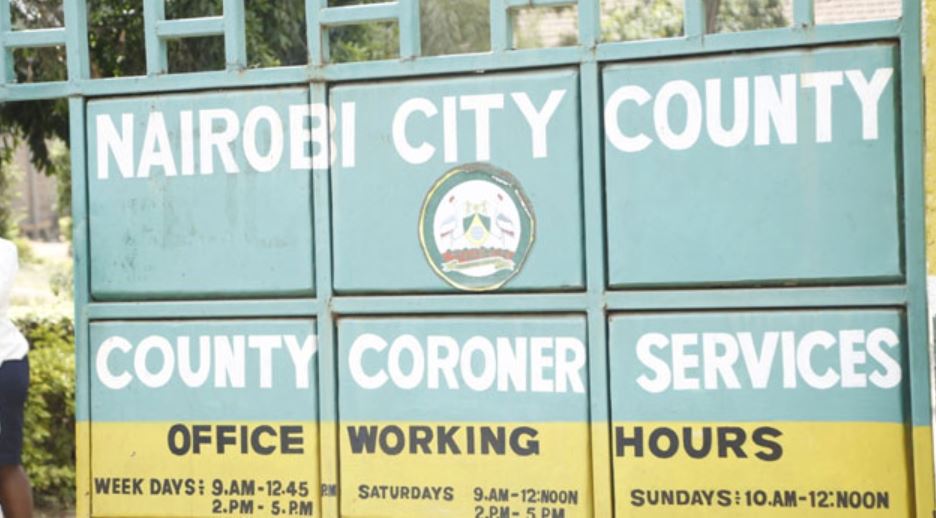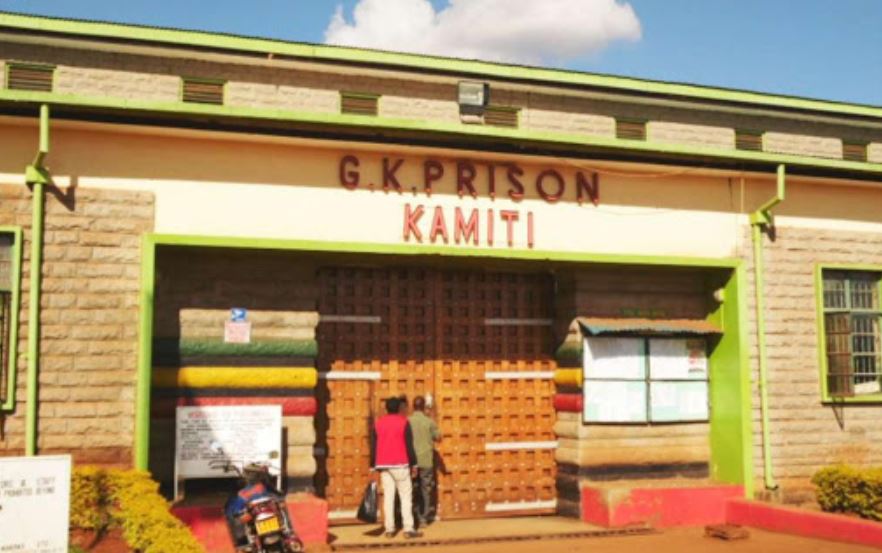 Amnesty Kenya has strongly opposed Nairobi County’s plan to dispose of 120 unclaimed bodies within seven days, arguing that this action could compromise the dignity of the deceased.
Amnesty Kenya has strongly opposed Nairobi County’s plan to dispose of 120 unclaimed bodies within seven days, arguing that this action could compromise the dignity of the deceased.
Nairobi County Governor Johnson Sakaja announced that these bodies, collected by police officers from 22 different stations across the city, were deposited between May 12, 2023, and April 28, 2024. The majority of the unclaimed bodies are male, with fifteen identified as female and one as a child. Causes of death include accidents, mob violence, medical conditions, and shootings.
“Kasarani has the highest number of cases (5), but other stations such as Kamukunji, Shauri Moyo, Huruma, and Dandora are also involved. Deaths by shooting were reported for Kasarani and Kilimani,” Amnesty noted.
In a statement released on Monday, August 26, Amnesty Kenya highlighted the risks associated with mass disposal of unclaimed bodies. The organization emphasized that the responsibility for preserving and disposing of deceased individuals lies with the 47 county governments.
Amnesty Kenya’s Director, Irũngũ Houghton, criticized the frequent underfunding and poor regulation of public institutions tasked with this responsibility.
“After spending time at the Yala mortuary in 2022, the Malindi mortuary in February, and several Nairobi mortuaries over the past three months, it is evident that our public institutions are grossly underfunded and under-regulated,” he said.
Improper disposal of unclaimed bodies
Houghton noted that past practices at mortuaries included improper disposal of unclaimed bodies, such as lacking individual body bags, metallic tags, and using undignified mass graves similar to rubbish dumps. He also pointed out that the National Coroner has introduced standard operating procedures, which require morticians to trace fingerprints from each unclaimed body with the National Registration Bureau and conduct autopsies to determine the cause of death.
Amnesty Kenya is concerned that it is unclear whether these procedures have been followed for all 120 bodies slated for disposal. The organization is also troubled by the short seven-day notice period, which may not allow sufficient time for families to check if their missing relatives are among the unclaimed bodies.
Additionally, Amnesty Kenya questions the level of public oversight during the disposal process and how the Nairobi Funeral Home and the Governor will protect themselves from potential future legal issues.
“How do we ensure that the existing Standard Operating Procedures are followed and that a basic level of dignity is accorded to the dead? What degree of public oversight will accompany the disposal of these bodies? How do the Funeral Home and the Governor protect themselves in the future should any issues arise?” the organization asked.
Amnesty Kenya has called for clear guidelines on disposing of unclaimed bodies, especially in light of recent controversies surrounding the deaths of protesters and ongoing disappearances.
The organization stressed the need for the Morticians and Allied Professionals Association, county governments, and the National Coroner to collaboratively develop and publicly share transparent and detailed procedures for handling unclaimed bodies.
“Given the controversy surrounding the deaths of protesters and the unresolved cases of missing individuals, it is crucial to establish and publish clear and transparent guidelines for the disposal of unclaimed bodies,” Amnesty Kenya concluded.








